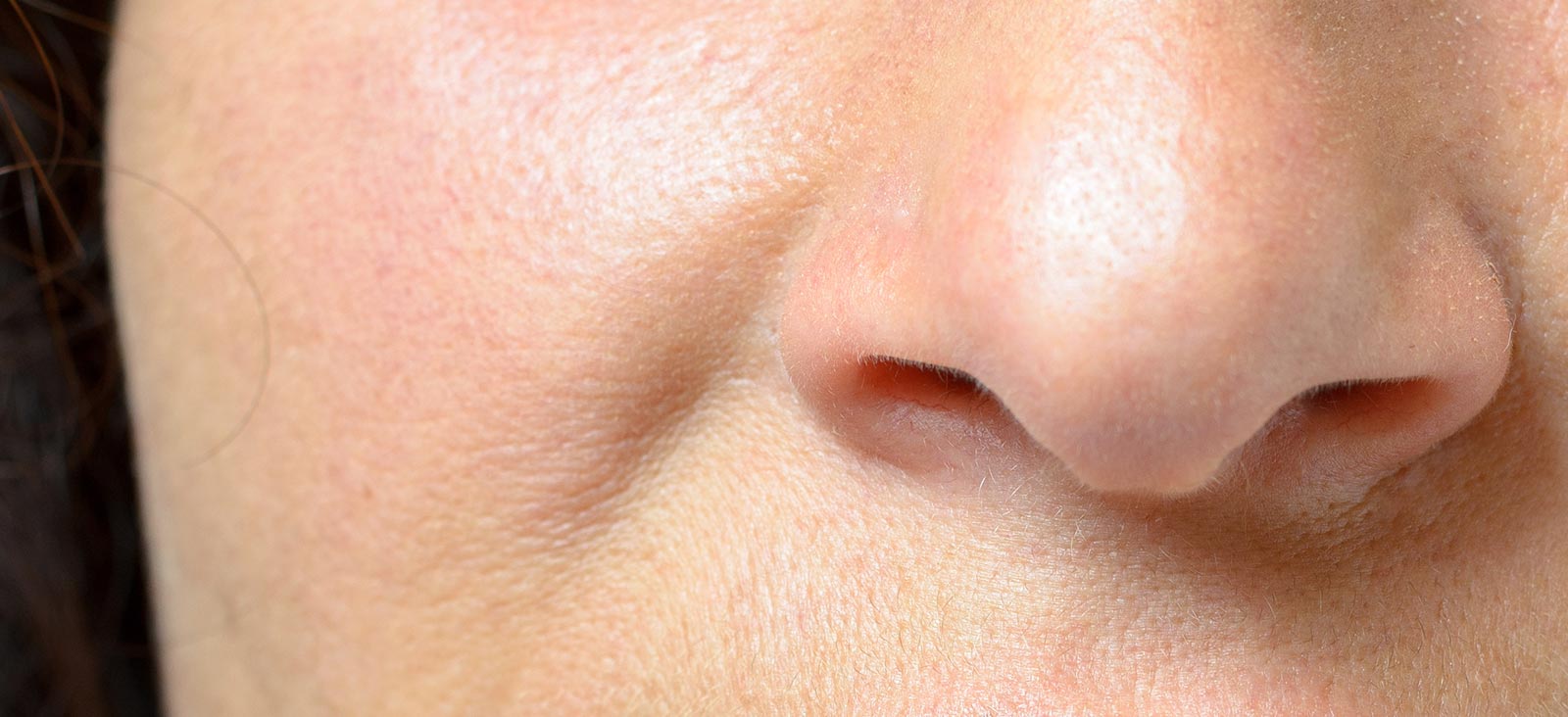Comprehensive Care, Expert Experience
Inverted papilloma is the most common benign tumor of the sinuses. Despite their benign nature, these tumors can grow aggressively and recur despite surgery. About 10 percent of them can also harbor cancer, specifically squamous cell carcinoma.
The tumor is most commonly seen in middle-aged men and most commonly occurs in the maxillary and ethmoid sinuses, located beside and above the nose.
UT Southwestern Medical Center’s neurosurgeons are highly trained and experienced in endoscopic techniques for removing these tumors.
Symptoms
Symptoms of inverted papilloma include:
- Bleeding
- Drainage
- Facial pressure
- Nasal blockage
Diagnosing Inverted Papilloma
Our physicians use endoscopic evaluation to diagnose inverted papillomas. Typically, these tumors have a “warts in the nose” appearance on endoscopy.
A computed tomography (CT) or magnetic resonance imaging (MRI) scan can be done to define the extent of the tumor.
Treatment
We often use minimally invasive, endoscopic techniques to treat these tumors. The procedure is done with rigid telescopes to visualize the tumor, avoiding any external facial scars. Endoscopy usually involves low risk and a 90 percent success rate in patients with inverted papilloma.
Long-term follow-up is essential in the years following surgery, as the tumor can recur despite successful initial treatment.
Clinical Trials and Research
Patients also benefit from the leading research conducted at UT Southwestern, which often includes clinical trials offered at few other centers in the country and helps speed better treatment to patients.




